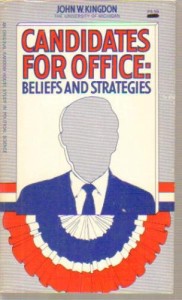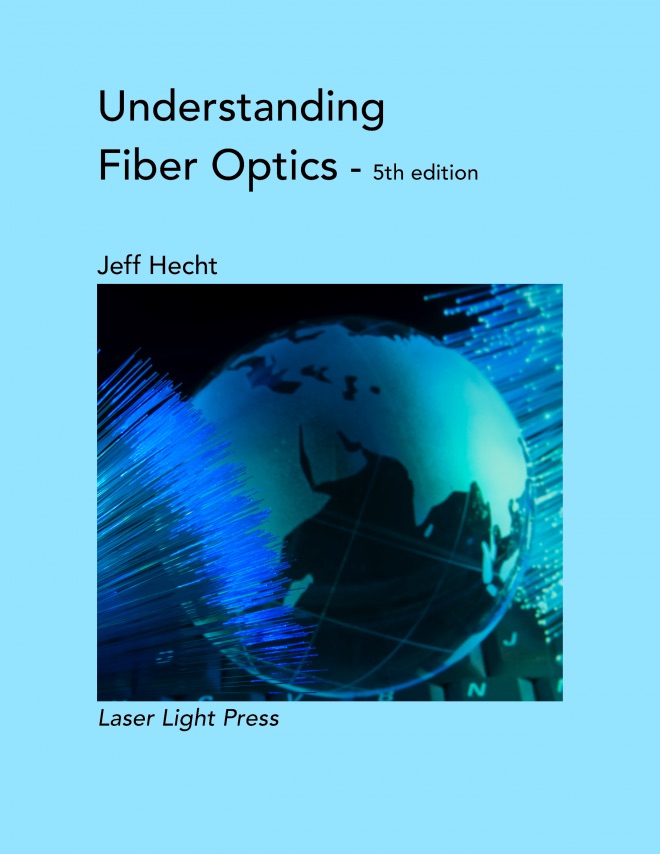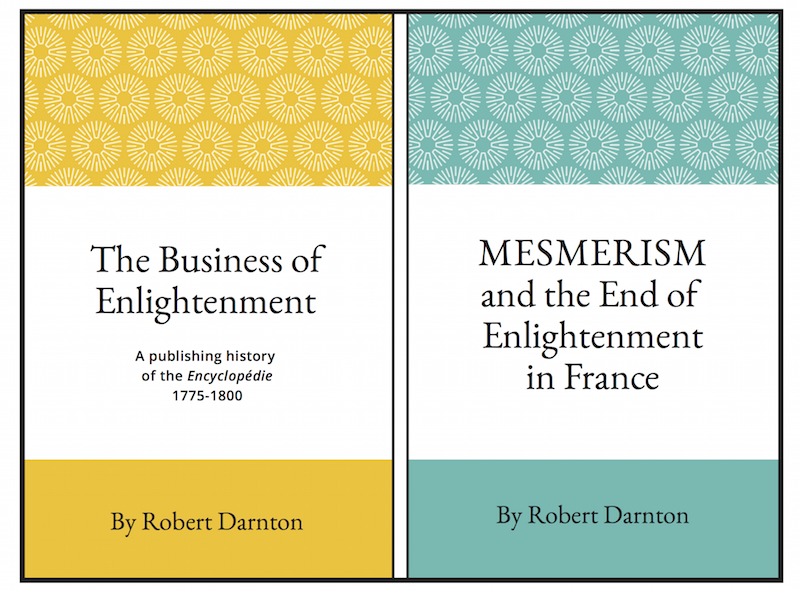We are pleased to feature the following guest post by Nicole Cabrera and Jordyn Ostroff, students at UC Berkeley Law and authors of our Guide to Understanding Rights Reversion.
John W. Kingdon is Professor Emeritus of Political Science at the University of Michigan in Ann Arbor. He is the author of several books on political science and public policy, including the influential Agendas, Alternatives, and Public Policies, which received the 1994 Aaron Wildavsky Award from the public policy section of the American Political Science Association.
In 1968, Random House published Candidates for Office: Beliefs and Strategies, a revised version of Professor Kingdon’s dissertation. Although the book was well publicized at the time, Candidates for Office has been out of print for several decades now. Professor Kingdon learned about Authors Alliance’s rights reversion campaign from his former University of Michigan student, Authors Alliance co-founder and board member, Molly Van Houweling. Eager to make Candidates for Office available to readers once again, he decided to work with Authors Alliance and the Samuelson Law, Technology & Public Policy Clinic at UC Berkeley to regain the rights in Candidates for Office so he could make it openly accessible to readers online.
Professor Kingdon sent a letter to Random House requesting reversion of rights and was pleased to receive notification just two weeks later that Random House agreed to revert all rights in Candidates for Office to him. Since Candidates for Office had already been scanned and was discoverable through HathiTrust, Professor Kingdon then approached HathiTrust with confirmation that he held the rights in his book. Using this form, he requested that HathiTrust unlock his book to make it fully readable online for free. He also chose to apply the Creative Commons CC BY-NC-ND license to his work so that even more people could discover and read Candidates for Office.
Now, several decades after its initial publication, Candidates for Office is once again available to students, scholars, and all readers, ensuring that Professor Kingdon’s work can continue to contribute to the scholarly discourse for years to come.
Share your own success story! If you’ve already used our Understanding Rights Reversions guide to make your work more available, please contact us at reversions@authorsalliance.org. We’d love to hear about it.



